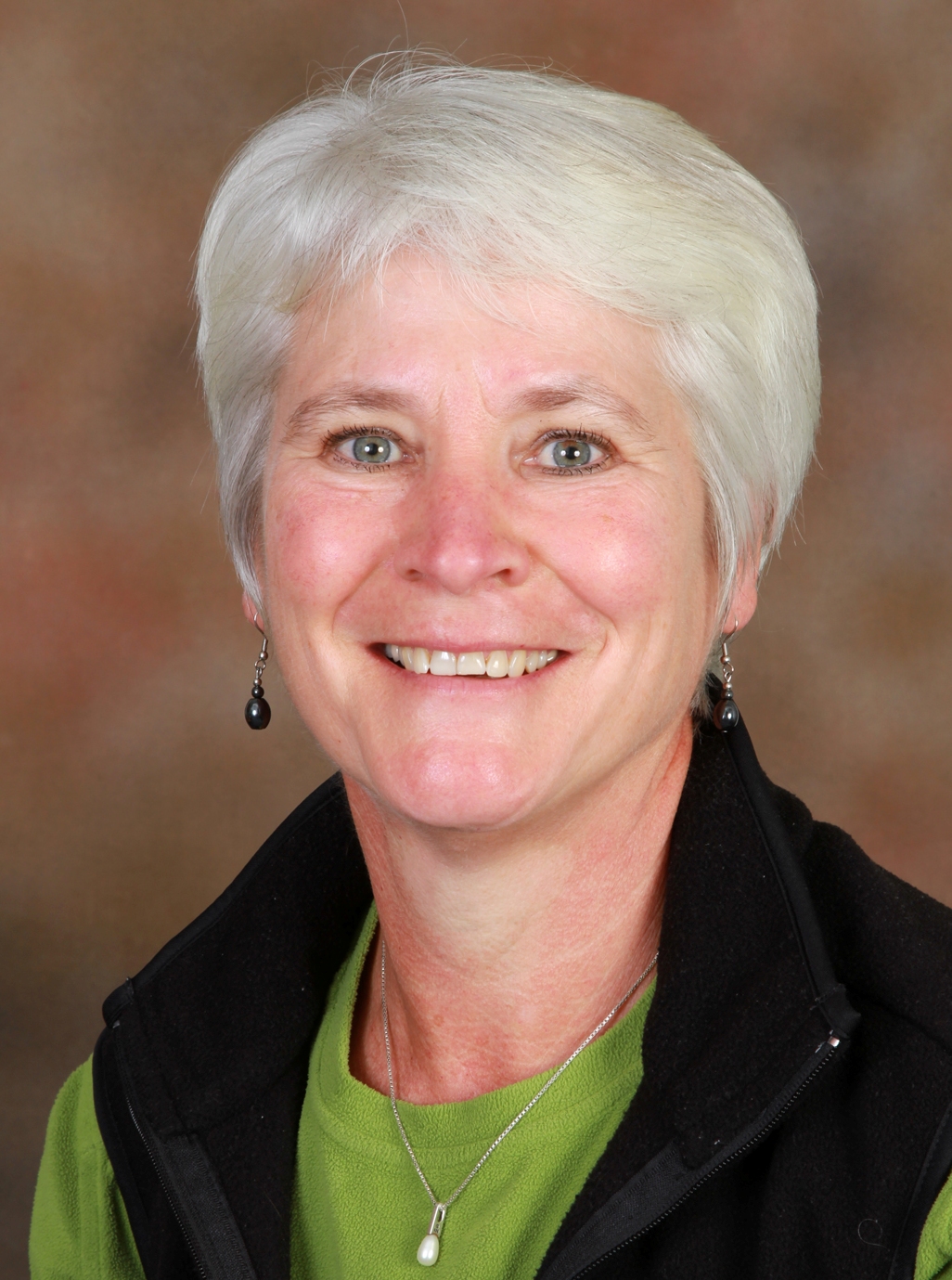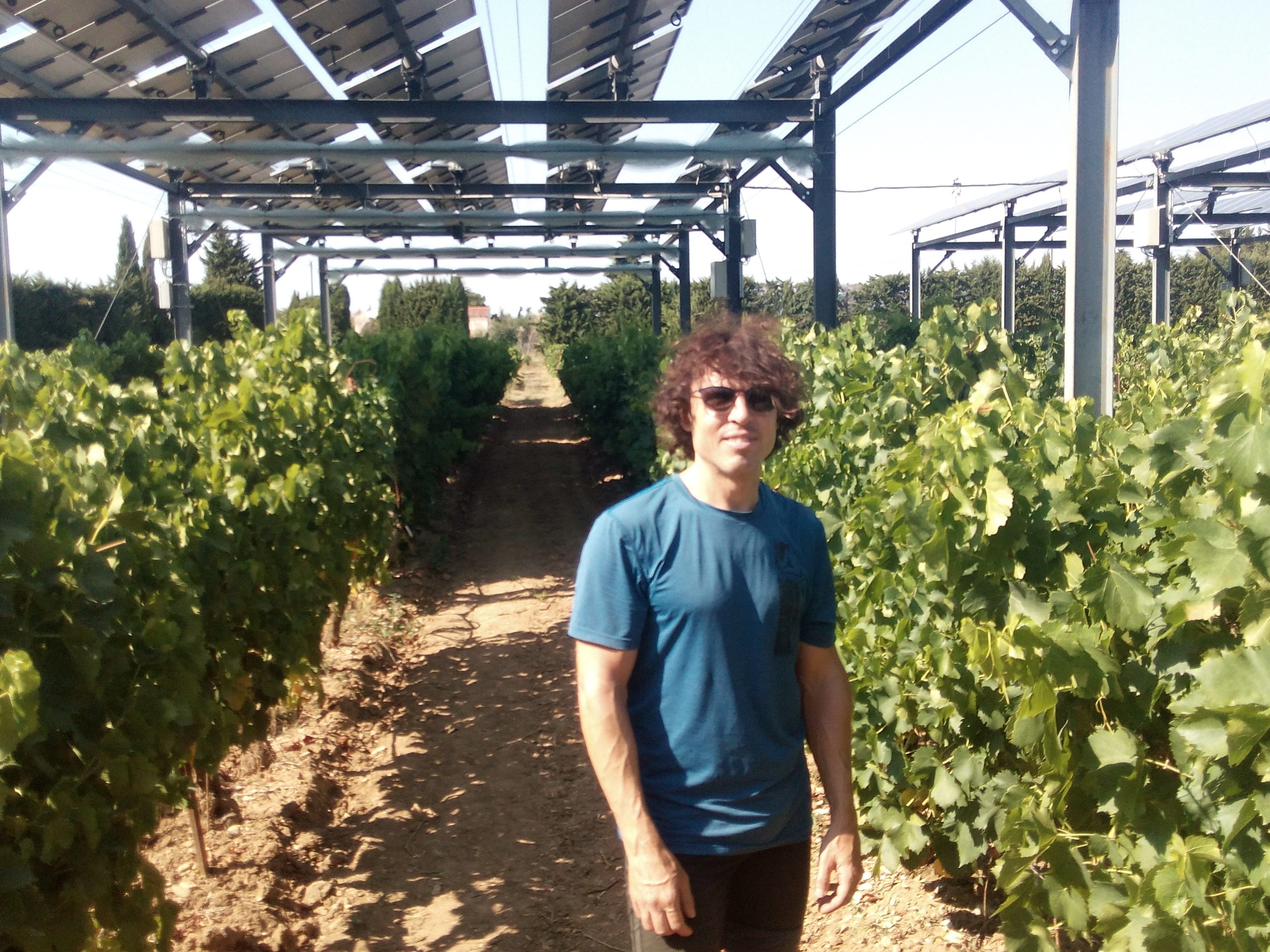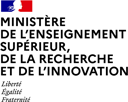INNOVATIVE PERENNIAL CROPS MANAGEMENT




Alan N Lakso, USA ; Chiara Pastore, Italy ; Aurélie Cardona, France ; Denise Neilsen, Canada ; Evelyne Costes, France ; Florence Verpont, France ; Frédéric Normand, France ; Gregory A Lang, USA ; Idemir Citadin, Brazil ; Jaume Lordan Sanahuja, Spain ; Julien Sarron, France ; Karen I Theron, South Africa ; Ken Breen, New Zealand ; Luca Corelli-Grappadelli, Italy ; Mehdi Ben Mimoun, Tunisia ; Michael Blanke, Germany ; Ping Lu, Australia ; Sally Bound, Australia ; Theodore DeJong, USA ; Tiziano Caruso, Italy ; Todd Einhorn, USA ; Wiehann Steyn, South Africa
Weiwei Yang, China
The aim of this symposium is to gather researchers working on innovative findings to increase sustainability of perennial crop agrosystems (including pome and/or stone fruit, and other fruit-bearing trees, shrubs and vines).
The scope of the symposium is to emphasize communications at plant and agrosystem scales.
We welcome studies on:
- evaluation of cultivars and rootstocks and combinations of both in various environments
- tree and orchard design and management
- plant manipulation including with plant growth regulators (PGR)
- monitoring technologies for plant development and production
- modeling for understanding genetic and environmental regulation of spatial and temporal development.
We welcome studies on evaluation of cultivars and rootstocks and combinations of both in various environments, tree and orchard design and management, plant manipulation including with plant growth regulators (PGR), monitoring technologies for plant development and production, and modeling for understanding genetic and environmental regulation of spatial and temporal development.
We will also gladly receive papers addressing innovative approaches on perennial crops in their environments, biodiversity and ecosystem services, production in protected environments, and microbial soil ecology in perennial crop agrosystems. Understanding how innovative approaches are developed through interdisciplinary and transdisciplinary (crossing scientific and empirical views) studies, either through case studies or conceptual approaches, are strongly encouraged, especially regarding the social impact and economic valuation of innovations.
If you need help for your abstract please contact :
HOW TO PREPARE ABSTRACTS AND PAPERS SUBMIT YOUR ABSTRACTS







